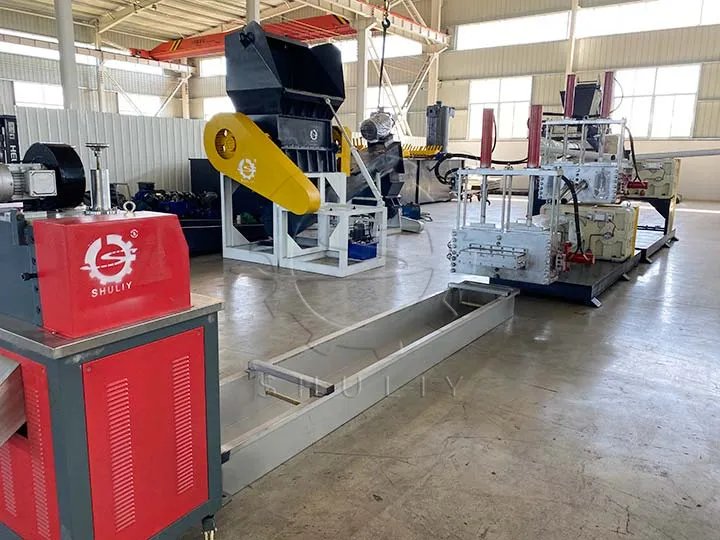
Plastic is an everyday item that is valuable in almost every field. However, it requires proper waste disposal or it poses a threat to the environment. Starting a plastic recycling business not only contributes to environmental protection but is also an industry with good economic prospects.
Common Plastic Types
There are some common types of plastics that you should know about before starting a plastic scrap business. Different plastics have different properties.
- Polyethylene Terephthalate (PET or PETE)
- Low-Density Polyethylene (LDPE)
- High-Density Polyethylene (HDPE)
- Polyvinyl Chloride (PVC)
- Polystyrene (PS or Polystyrene Foam)
- Polypropylene (PP)
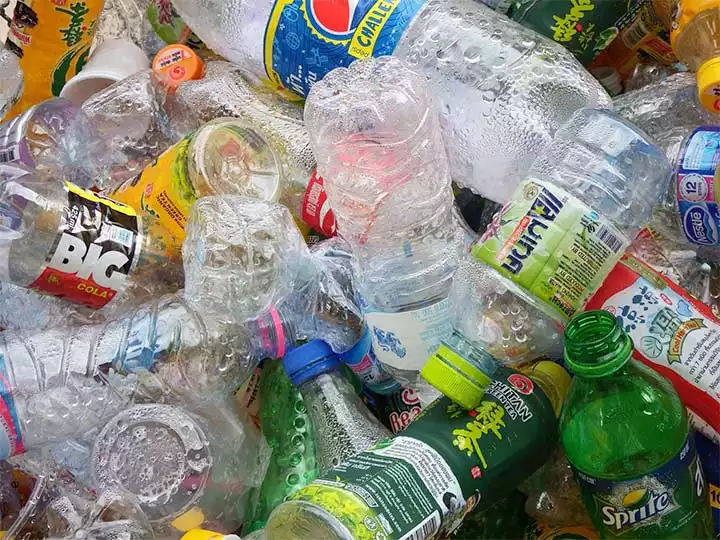
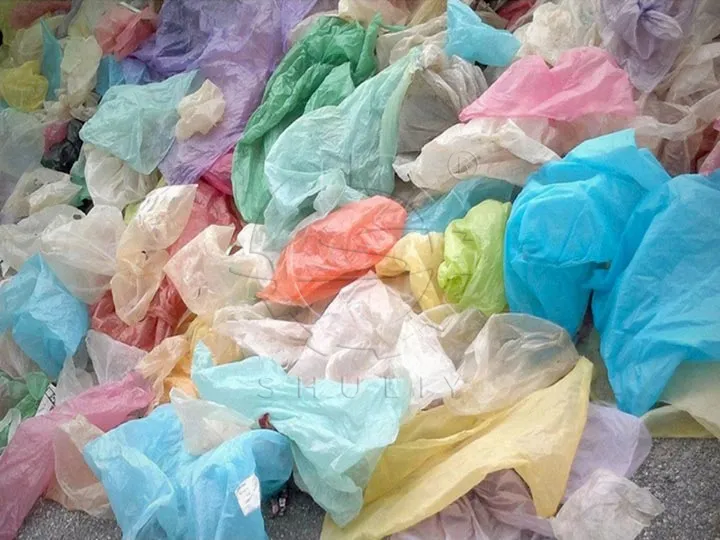
Steps to Establishing a Plastic Recycling Business
Researching the market and competition
Before embarking on a plastic waste recycling business, it is important to first conduct thorough research of the market. Understand the demand situation in the target market, the competitive landscape, and potential partners.
Registering businesses and obtaining relevant licenses
Register your business and obtain relevant licenses such as operating permits, environmental permits, etc. according to local regulations. Compliance with regulations is a basic requirement for conducting a plastic recycling business.
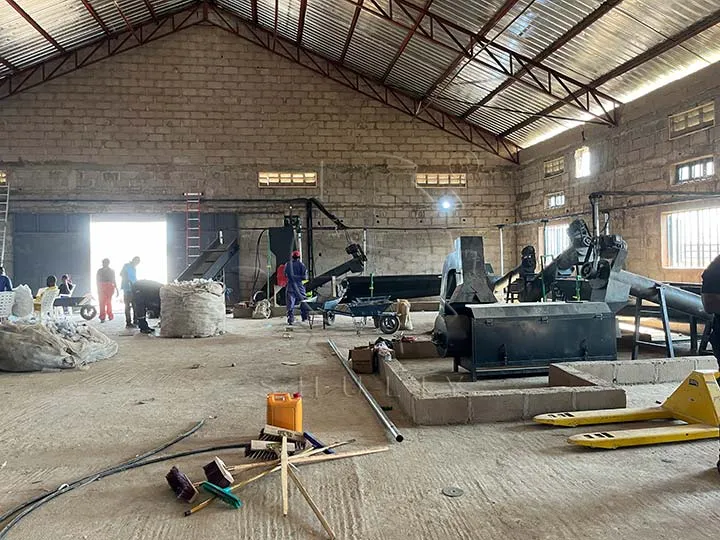
Determining the right location and equipment
Select a geographic location that is easy to operate and acquire appropriate equipment. This includes plastic waste crushers, plastic washer machines, granulator machines, and so on. Ensure that the quality and performance of the recycling equipment meet the production requirements.
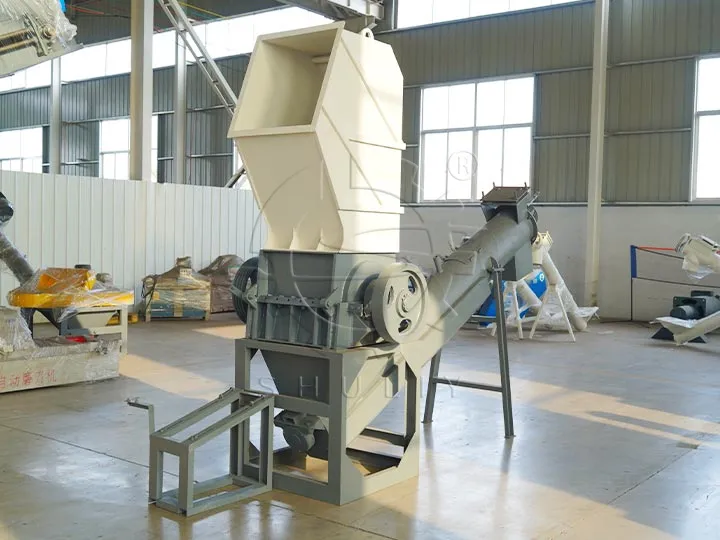
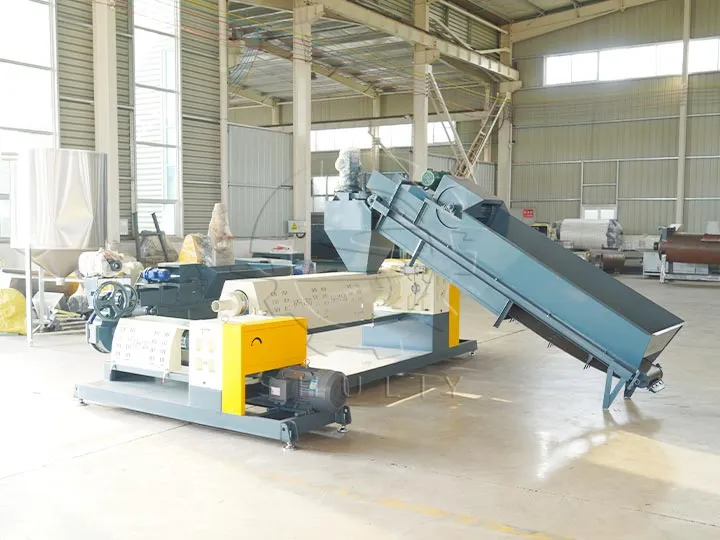
Building supply chains and partnerships
Establishment of cooperative relationships with plastic suppliers, cooperative processors, and buyers of recycled plastics. A stable supply chain is a guarantee for the steady development of the plastics recycling business.
